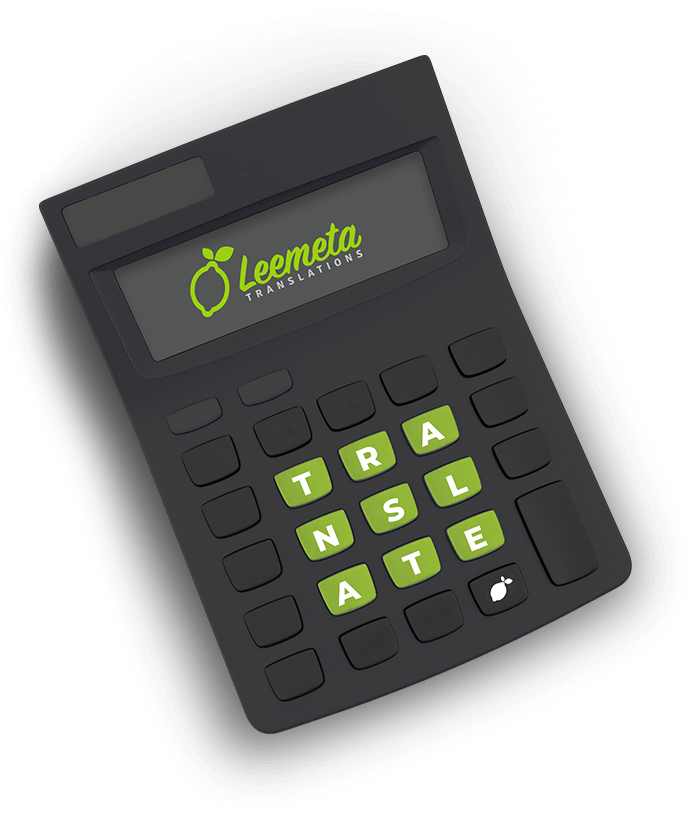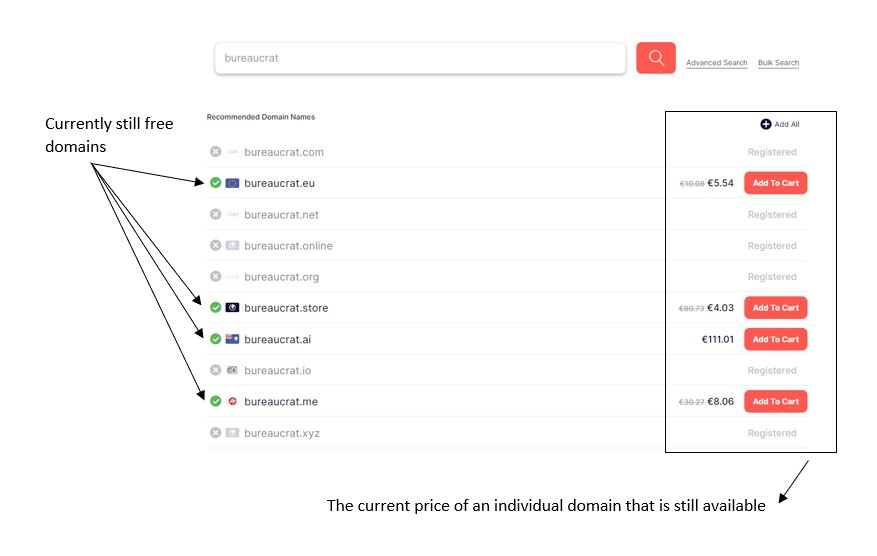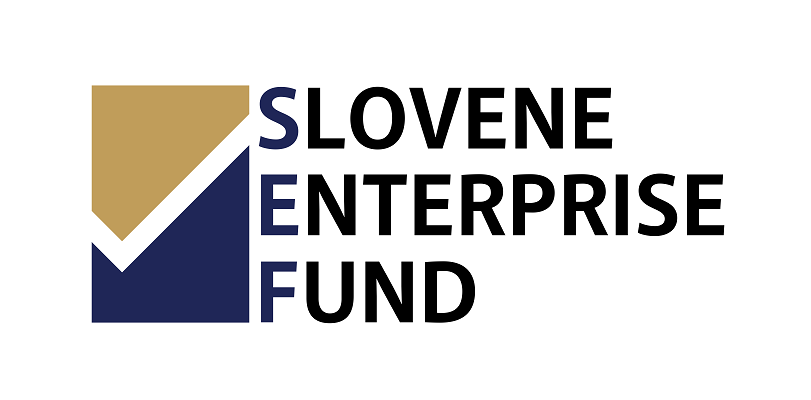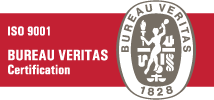Choosing a name for your business is one of the most important and probably most tricky decisions you must make at the start of your business. Your future customers must find you as soon as possible and as easily as possible. However, as we live in a digital age, the choice of the name is most often linked to the domain and keywords used on the website. So how do you choose a business name?
For a start: Answer the two most important questions
- What do you want to communicate with your business name?
- And, is the chosen name even still available?
But why is it so important to answer these two questions? Firstly, your company's name can already communicate what you are doing, your vision, and your company's purpose. And secondly, it ensures that your chosen name does not already exist on the market. In fact, the name shouldn't even be similar to existing company names in the same or similar industry as this could lead to confusion. Even more! If it is a company with an already registered trademark, you may even be penalised for misleading (intentional or unintentional).
of trademark names, but they don't always come to court.
For example, do you know about the high-profile affair of Kim Kardashian, who wanted to name one of her clothing collections Kimono. This, of course, upset the public. The people in Japan were convinced that the celebrity insulted kimonos, Japan, and its cultural heritage. So, in the end, Kim Kardashian had to rename her collection to Skims. Choosing a name can be a delicate matter, whether it is the name of a company, a group, or a brand.
What are the basic rules for choosing a company name?
Let's start with a helpful tip: you can check on Google Ads (formerly Google AdWords) how searched specific words, phrases, and names are. Maybe this will also help you to choose a business name. But there are still a few basic rules to keep in mind:
-
The name is not yet present on the market and is different from all other existing business names.
-
The name must sound good even when you say it out loud. If you have pronunciation problems, what does that mean for everyone else?
-
The name should be short, simple, and innovative, not generic.
-
People or potential customers need to remember the chosen name quickly.
-
The name should be linked to your service, product, or business idea – so it should have a meaning.
-
The name cannot have unwanted meanings in the foreign markets where you will operate. The same applies to its acronym.
-
Take your time, don't rush to choose names. Also, don't "force" yourself to choose a name. Remember – your company's name will stay with you until the end.
-
Link the name to the web domain! It's good to check if the domain name is still available before finalising the company name. Each domain on the World Wide Web can only be registered once.
So, where can you check if a domain is still available?
You can check if a domain is available online at various domain registration providers, such as GoDaddy.com , who.is or Name.com. But, again, each domain can only be registered once. Therefore, before its expiration, registration must be extended. If you are too slow to pay for the registration or stop having a website, the domain goes back on the market and someone else can take it.
For further explanation and better understanding, consider the (fictional) example of an Accountancy Service called Bureaucrat, which is newly emerging on the market. In case they want to have a website, they have to register a domain.
But the most widely used domain – www.bureaucrat.com – is already registered, so it cannot be re-registered. In this case, it is possible to register a similar but not identical domain (www.bureaucrat.eu or www.bureaucrat.net) if both are still available.
But is this good from a competitive point of view? Probably not the best as there may be confusion. Sometimes, it is a good idea to check how many similar domains have been registered and opt for the other version. Or even register several similar domains even if you don't end up using all of them.
Once the company name has been chosen, the domain is finally registered, and the basis for the website is established, it's time to start writing the text. If you have no experience in this area, you should leave it to someone else. The text on the website must contain the right keywords, be SEO optimised, and be Google-friendly.
What are keywords anyway?
Keywords or keyword phrases describe your product or service and are the basis for Google to decide when and where to show your adverts on it. So, keywords are the one part of your online strategy that, in the worst-case scenario, can cost you a lot and add nothing. This happens when you don't know how to use them properly, structure them, and keep them up to date. So yes, on the SEO side, choosing the right keywords is vital because we know that the optimisation process is long-term and takes a lot of time, work, and money. You certainly don't want to find out after a year of effort that it's all been for nothing because your chosen keywords are not relevant enough or entirely wrong.
Therefore, they cannot help you rank high organically in Google results or bring new inquiries and customers. Wrong keywords can also make your website traffic irrelevant to your product.
But remember that SEO optimisation is not just about keywords. The whole process is much more complicated.
Again, in the case of the Accountancy Service called Bureaucrat, their website's most frequently used keywords should be: accounting service Bureaucrat, accounting, accounting Bureaucrat, and accounting services. Under these keywords, web users should be able to find them as quickly as possible.
A brief summary to finish
Nowadays, a company name is linked to domain registration and keyword selection. If you are not on the World Wide Web, you do not exist. So the decision is essential not only for you but also for your future customers. They need to find you on the market as soon as possible. Nowadays, this is primarily achieved via your website or social networks.
if you operate in different markets. We can help you
with our Turnkey Translations®.














Add new comment